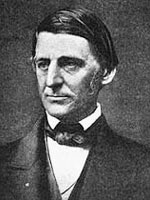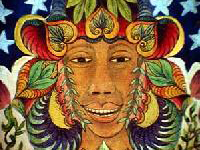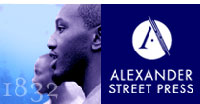American Literature on the Web

Provides thousands of links to information on and texts by more than 300 American writers from 1620 to the present. Users can search in five chronological periods for links to timelines, author's sites, related resources, music and visual arts, and "social contexts." Also contains specific categories for electronic text collections, U.S. History, American Studies, poetry, movements and genres, Southern literature, women writers, literary theory, reference works, and "minority literature/multi-cultural resources," including categories for African-American, Asian-American, Jewish-American, and Latino/Latina writers. Authors represented include famous literary figures such as Louisa May Alcott (1832-88), Anna Bradstreet (ca. 1612-72), Edgar Rice Burroughs (1875-1950), Emily Dickinson (1830-86), and Ralph Ellison (1914-94); important public figures, such as William Byrd (1674-1744) and Frederick Douglass (1818-95); and lesser-known figures, such as John Woolman (1720-72) and Amelia Edith Barr (1831-1919).
Offers images of many writers, links in Japanese, a section devoted to Canadian authors, a master list of authors in alphabetical order, and "two site-specific search engines" for word searches of this site and others. Last updated in December 2001, many links are no longer operable; however, as a gateway, it offers an abundance of usable links in a well-designed format for those needing resources on American writers and their times.

